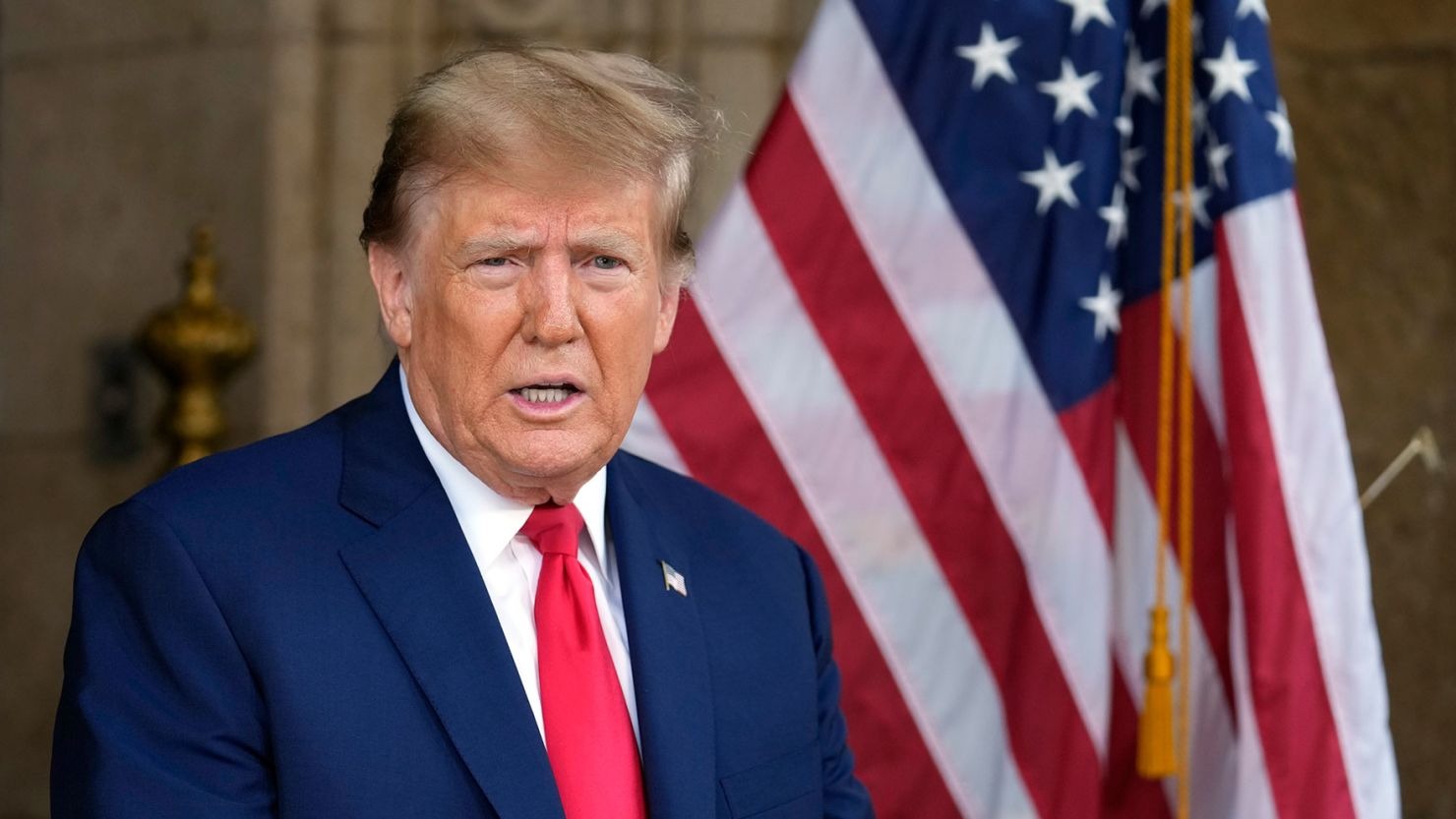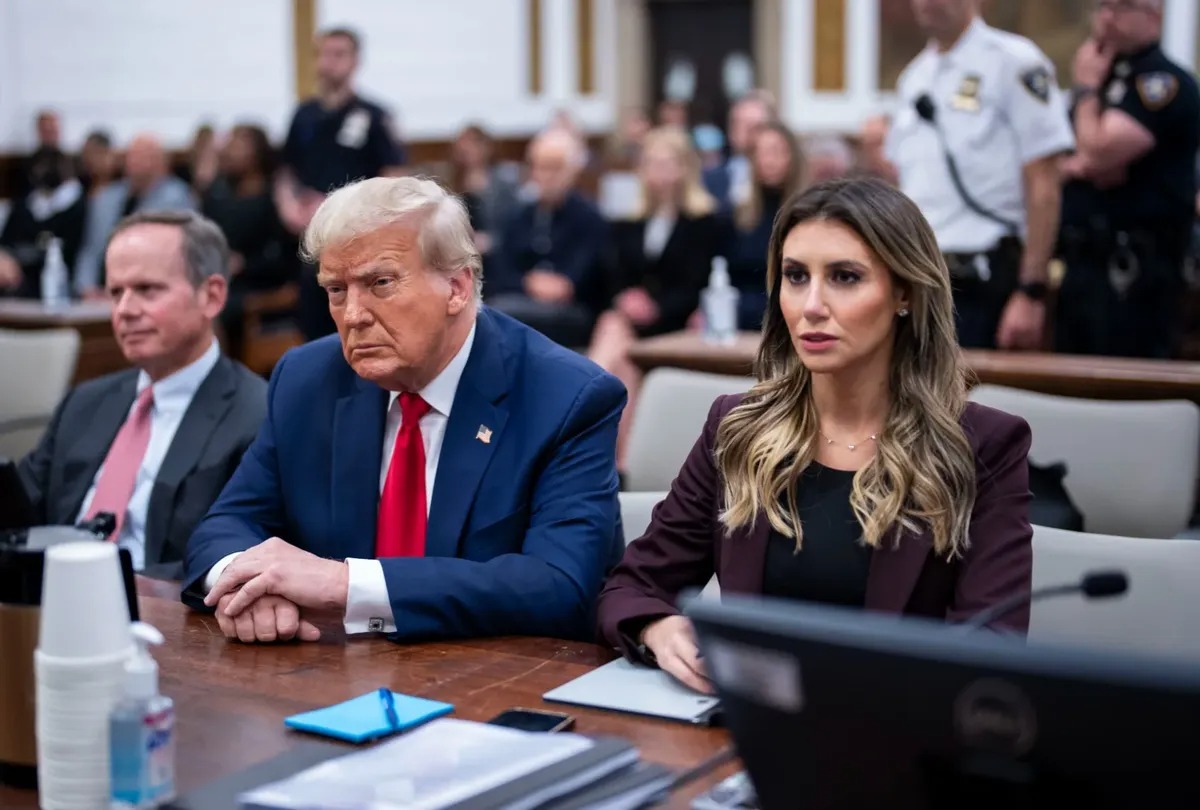On Monday, former President Donald Trump petitioned the Supreme Court to intervene in the dispute over his immunity from prosecution, seeking to temporarily block the unanimous decision from the DC Circuit that rejected his claims of immunity from election subversion charges.
Trump’s legal team argued that holding a months-long criminal trial during the peak of the election season would severely disrupt his ability to campaign against President Biden, causing immediate and irreparable harm to First Amendment interests.
The emergency filing thrusts the Supreme Court into a politically charged scenario, as it grapples with another matter involving Trump’s eligibility for the ballot.

Donald Trump (Credits: CNN)
Just four days earlier, the court heard arguments on whether Trump should be disqualified from the ballot for his actions on January 6, 2021.
The response to Trump’s request could significantly impact the timing and nature of any potential criminal trial as he seeks the Republican presidential nomination.
Trump’s move to appeal the DC Circuit’s decision, potentially both to the Supreme Court and for a rehearing before the full DC Circuit, indicates a strategy to prolong the proceedings.
The DC Circuit set an aggressive timeline for Trump to appeal, prompting his direct appeal to the Supreme Court. Legal analysts suggest that Trump’s goal appears to be delaying the proceedings as much as possible.
The Supreme Court, particularly Chief Justice John Roberts, who handles emergency appeals from the DC Circuit, is expected to set a schedule that provides insights into the timing of the case. Special Counsel Jack Smith is likely to push for a swift resolution to avoid further delays in initiating a trial.
The crux of the matter revolves around a recent DC Circuit opinion rejecting Trump’s immunity claims, emphasizing that former presidents are not above the law.
Trump’s legal argument focused on the potential chilling effect on presidential actions if criminal charges could be brought after leaving office. However, the DC Circuit panel dismissed these arguments, stating that Trump is answerable in court for his conduct.
This development comes amid broader legal challenges for Trump, with the Supreme Court navigating complex issues that directly intersect with the upcoming presidential election.
The court’s decisions in these matters will significantly influence the trajectory of Trump’s legal battles and their potential impact on his political aspirations.























